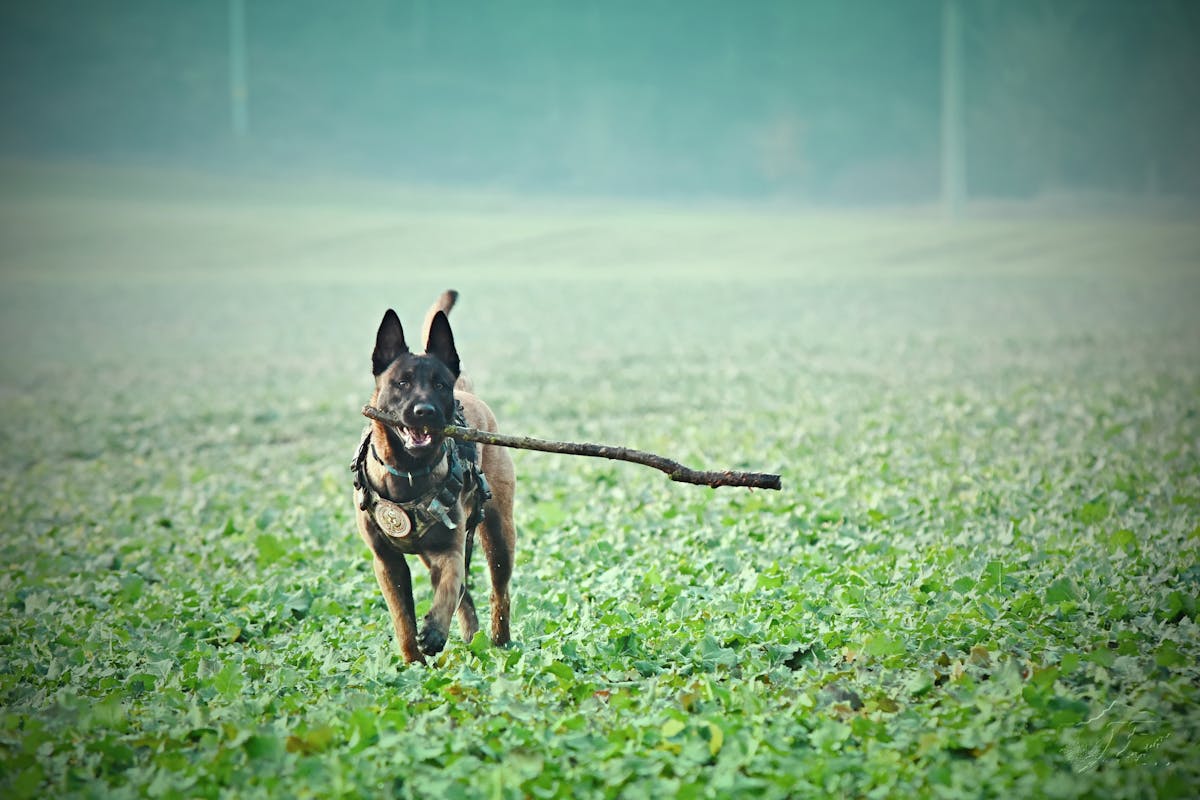
Experts Reveal Whether Dogs Can Really Sense a Bad Person
Your dog’s world is full of signals we don't notice. Even though it doesn’t speak, it communicates with every glance, movement, and posture.
Have you ever noticed that your dog “doesn't like” someone, even if you don’t know why? It may withdraw, become restless, or even growl—while you notice nothing unusual, writes City Magazine. But what if its reaction isn't random? What if your dog is reacting to something beyond human perception?
Dogs are not just our loyal companions—they are natural emotion detectors. Their bodies are designed to perceive not only sounds and movements, but also emotions, tensions, and energies that we humans often ignore, reports Večernji.hr.
A dog is more than a pet—it’s a sophisticated reader of your moods. Its sense of smell, many times more sensitive than a human’s, detects chemical changes in the body that occur when a person is nervous, angry, or dishonest.
When someone lies or suppresses their emotions, the dog won’t perceive it as a “lie” but will sense a mismatch. This inconsistency signals potential danger to them. Reactions like withdrawing, barking, or staring from a distance are actually warnings—their version of an alarm.
Dogs don’t understand morality the way humans do, but they are often better at detecting truth. If someone appears friendly but their body language, tone of voice, or breathing pattern says otherwise, the dog picks up on it immediately. They “see with their nose and listen with their heart.”
At the slightest sign of tension or dishonesty, a dog may change its behavior. Not because it understands the situation, but because it instinctively feels something is wrong. This isn’t disobedience—it’s survival.
Dogs also observe how others treat you. If someone disrespects you, the dog may interpret it as a threat.
It will often refuse food from such a person’s hand or show discomfort. These reactions don't come from training but from deep instinctive intelligence. The dog remembers facial expressions, tone of voice, movements—and forms associations based on experience.
Dogs that have experienced trauma are especially sensitive. A scent, movement, or tone of voice can trigger unpleasant memories in them, even if they aren’t consciously aware of it. Their body reacts quickly—before their mind does. It’s not hatred but a sense of discomfort still living inside them.
Your dog will never lie to you. Its reactions are honest, even if they don’t seem rational. Instead of panicking, observe. Ask yourself: is this a reaction to past trauma, a current sense of danger, or just discomfort?
Your dog’s world is full of signals we don’t notice. Even though it doesn’t speak, it communicates with every glance, movement, and posture. Instead of dismissing these signals, try to understand them—because dogs often see what we cannot.





